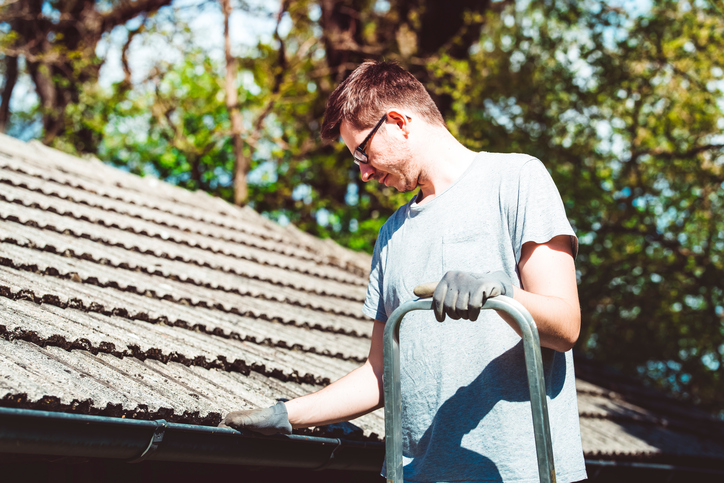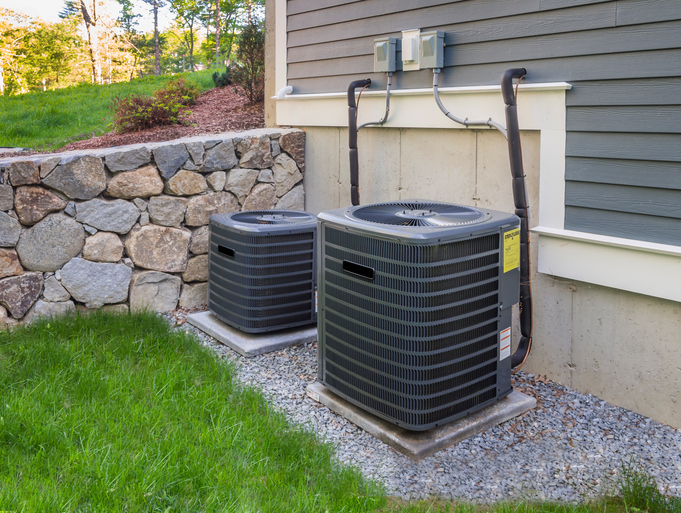Buying a home with a backyard can contribute to a healthy lifestyle in more ways than one.
Whether it’s dining alfresco, tending to the garden, or getting in a run, summer living is an outside affair. But, did you know that buying a home with a backyard can contribute to a healthy lifestyle in more ways than one? Here are 5 reasons why your backyard may be making your healthier this summer:
Better Bone Health
According to the Mayo Clinic, as little as 10 minutes in the sun is thought to prevent Vitamin D deficiency. Vitamin D, also known as the ‘sunshine vitamin’ is important to maintaining normal blood levels of calcium in the body, which helps to build healthy bones. Spending just a short time outdoors, weeding, grilling or just lounging can have a positive effect on both mind and body.
Slimmer Waist Lines
When the weather is warmer, salads are a great meal or side-dish. Mix up any combination of fresh ingredients (fruits, vegetables, legumes or nuts), a heart-healthy vinaigrette and enjoy dinner with out any guilt. For great ideas of summer salads, check out this collection of recipes from Cooking Light.
While the science of eating is complicated, grilling can be a healthier alternative to other cooking methods like pan frying. Grilling lean meats like skinless chicken breasts and omega-3 rich fishes like salmon can make for a quick, tasty and healthy meal. Add a few veggies like corn or peppers to the fire to round out a delicious summer feast.
Because it takes time to carry everything needed for a backyard meal out to the patio and back, you may find yourself more inclined to take your time enjoying the meal and less likely to be caught with your hand in the cookie jar after dinner. Instead, opt for fresh fruit for a delicious after-meal treat.
Peace of Mind
Nothing is better for the soul than quality time with those that we love. Spend some time away from the screens (TV, phones, tablets, etc.) and instead enjoy some down time with family and friends in the great outdoors. Nature has proven to give your brain a break from daily over-stimulation and can help improve focus and mood.

Improved Vision
Birdwatching from the back deck may be doing more good than you realize. An Australia study has found that being outdoors can improve distance vision and lower the chance of nearsightedness.
Healthier Hearts
It’s easy to stay active in the outdoors, whether you choose a run around the neighborhood, backyard yoga, or a lap in the pool. Almost any activity you enjoy can be done within the confines of a backyard and will not only help keep those extra ice cream calories at bay, but can increase heart health.
To find your backyard oasis, visit coldwellbanker.com.
Originally published by Blue Matter - by Victoria Keichinger
Originally published by Blue Matter - by Victoria Keichinger









